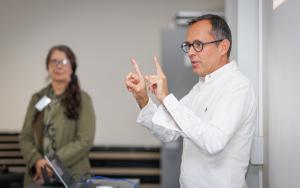Biochemistry
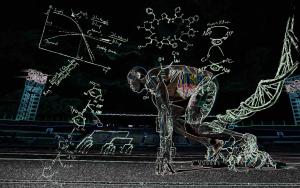
Biochemistry bridges the gap between chemistry and biology, exploring the chemical and molecular processes that drive life. Biochemists investigate everything from molecular structures to macromolecular interactions and their roles in biological functions. This deep understanding fuels scientific and medical advancements across diverse fields, including pharmaceuticals, forensics, and nutrition for both humans and animals.
The Department of Biochemistry cultivates a dynamic environment where advanced research is integrated with developing future scientific leaders. From our beginnings in 1974 as an emerging voice in the university’s scientific landscape, we have strived to be a place where fundamental change is brought about in our students, ourselves, our environment and in the way we understand life at the molecular level. That spirit thrives today in our laboratories and classrooms, guided by values of integrity, respect, communication and accountability.
“Our commitment to progress is reflected in areas such as steroid research, drug discovery, immunology, and systems biology – fields where groundbreaking insights inform teaching and fuel further inquiry.”
Our Programmes
The subject Biochemistry is a major in a variety of degree programmes offered by the Faculty of Science. The following degree programmes have Biochemistry as a major:
BSc Molecular Biology and Biotechnology
BSc Human Life Sciences
BSc (Focal area: Bioinformatics and Computational Biology)
BSc (Focal area: Biomathematics)
BSc Chemistry (Focal area: Chemical Biology)
BSc Physics (Focal area: Laser Physics - Biological)
Postgraduate programmes
BSc Honours
MSc
PhD
2025 Honours Prizes
Funded by Innovative Research Solutions.
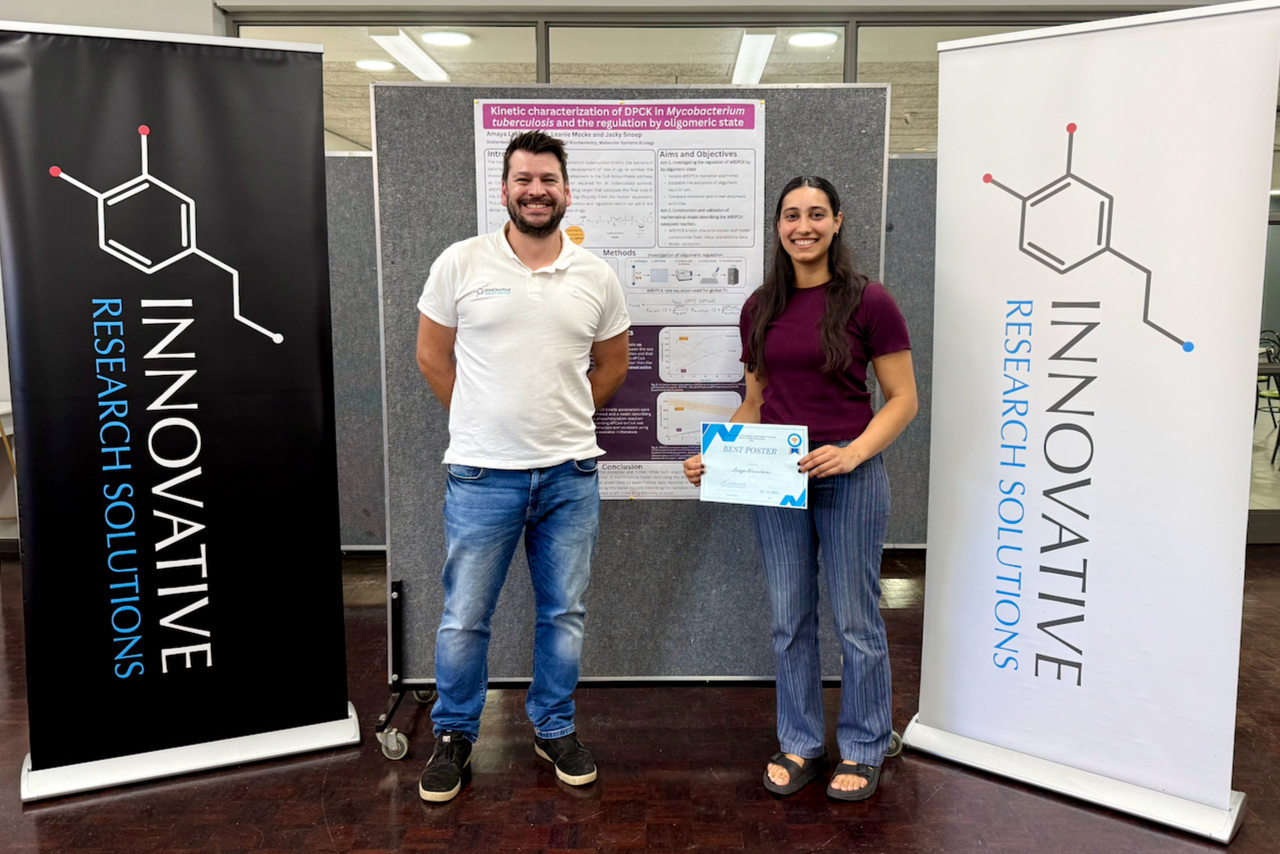
Best Honours poster
Amaya Lakmeeharan
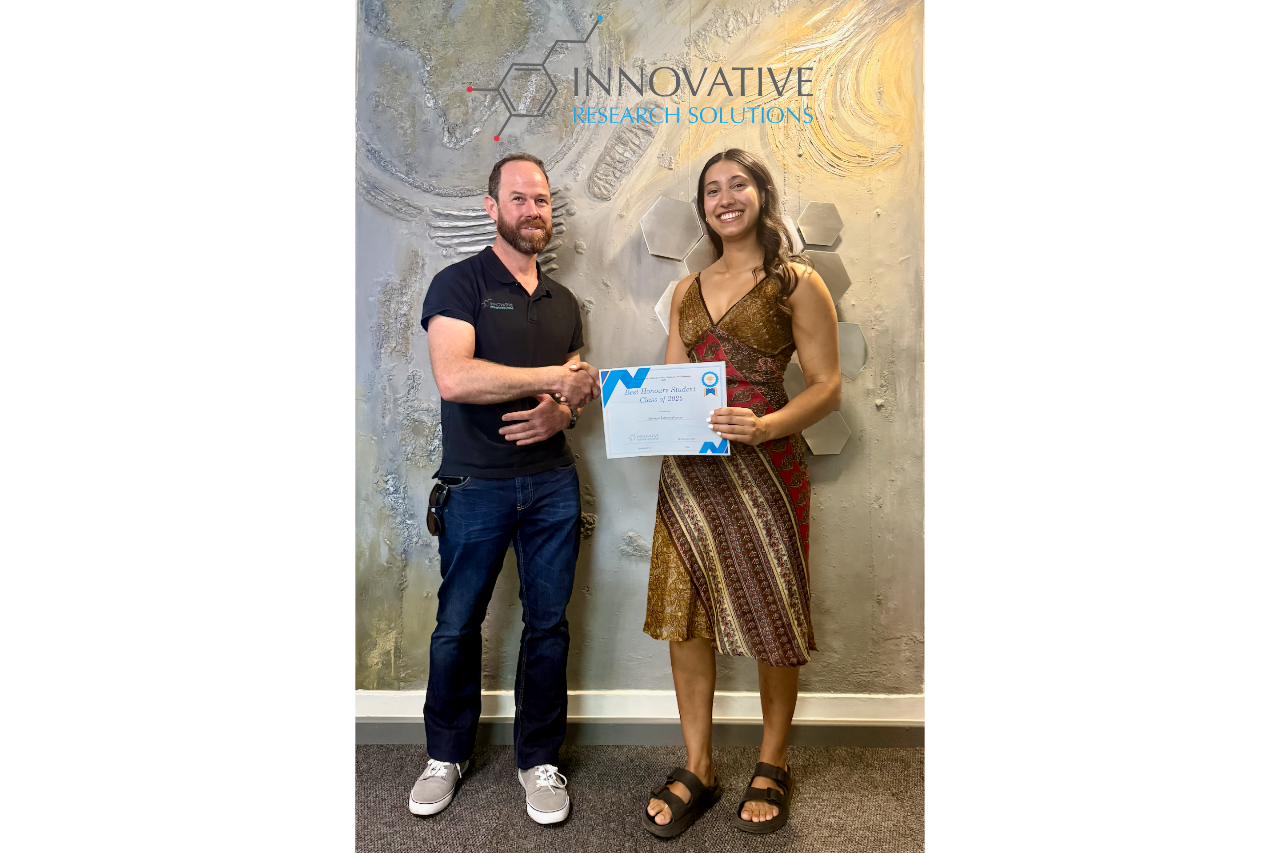
Best Honours student
Amaya Lakmeeharan
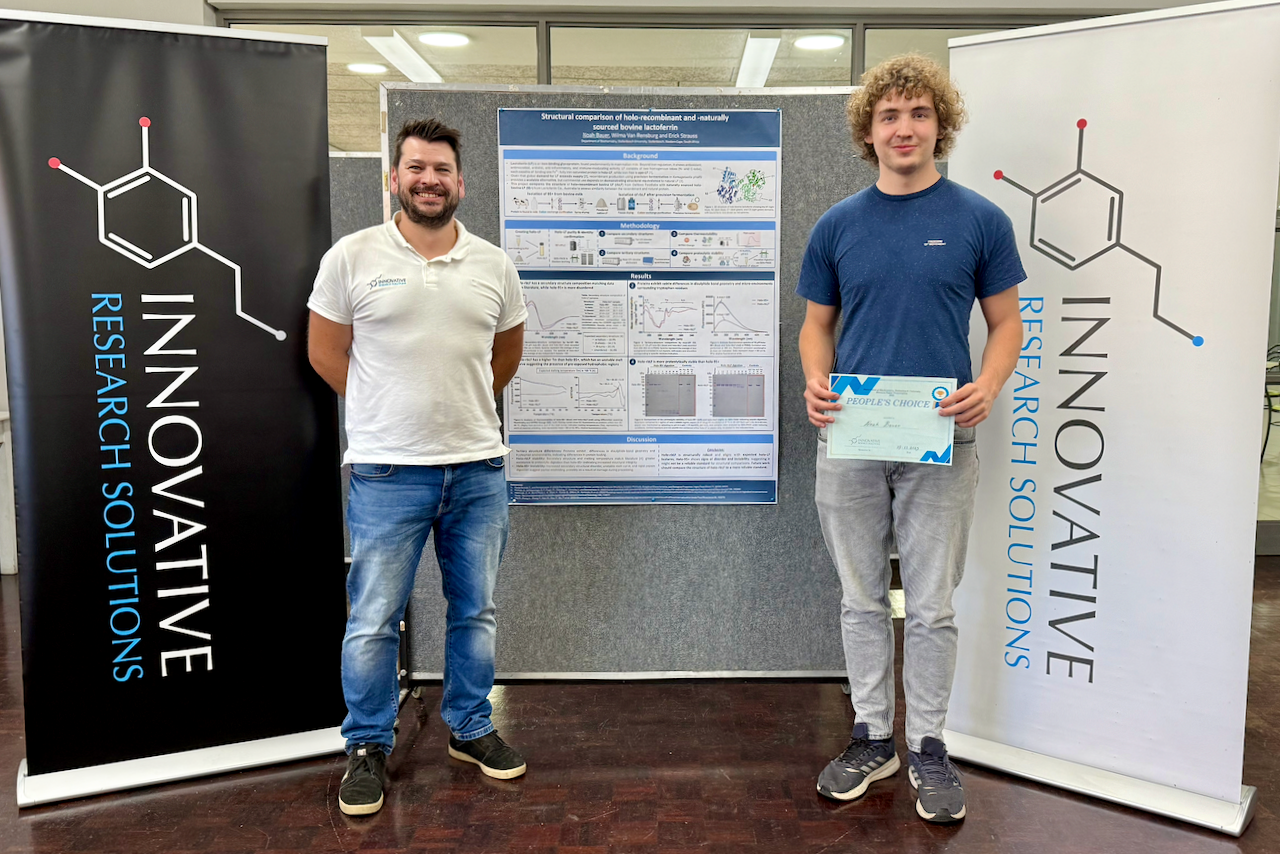
People's Choice poster
Noah Bauer
Upcoming Events
Attend our events for the opportunity to discover, grow, learn and engage with our community.
